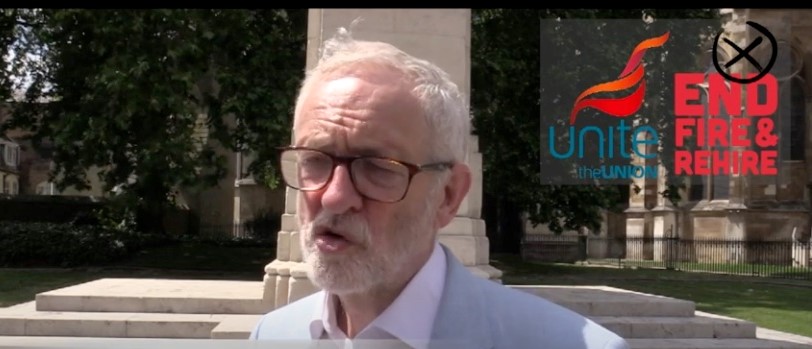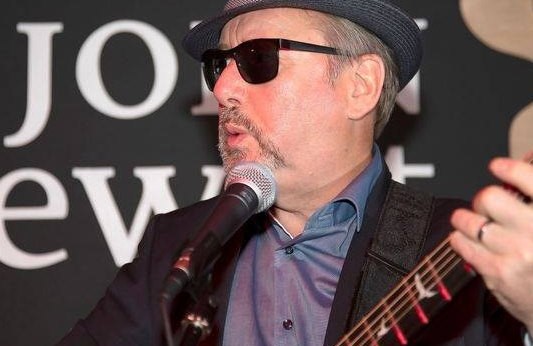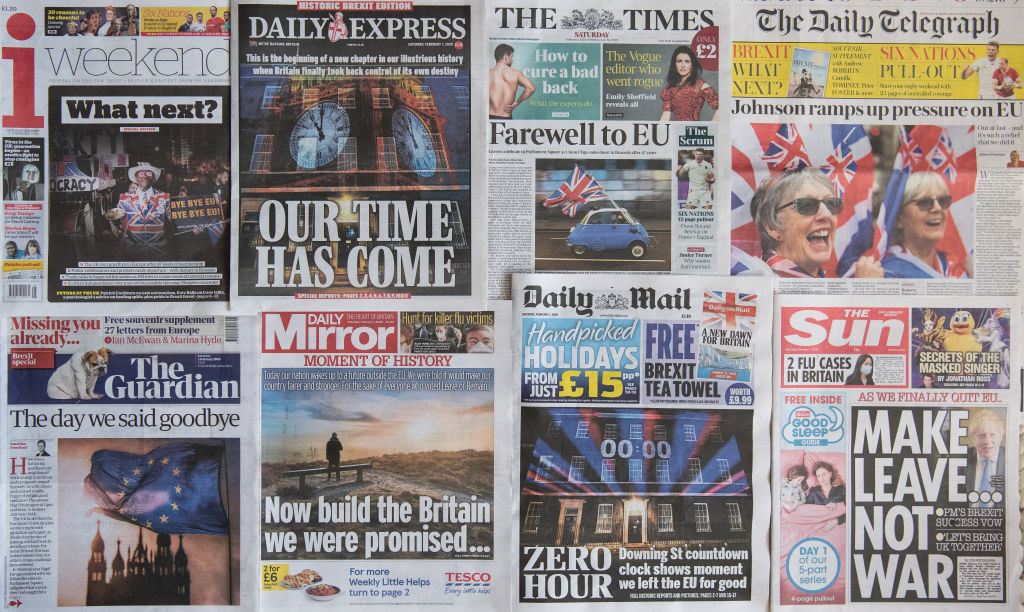Radical transformation
Shadow chancellor John McDonnell laid out the Labour party’s single-minded “ambition to radically transform society” in a speech at Unite’s policy conference today (July 14), in which he also took questions from delegates.
He explained the sweeping measures the party has taken since he took the helm as shadow chancellor after Labour leader Jeremy Corbyn’s election to “restore economic credibility to the Labour party.”
In a process which has involved the input of affiliates such as Unite, party members, entrepreneurs and economic experts, Labour has set up an economic advisory council and “review after review of the tax system, the Treasury and the Bank of England”.
At the heart of Labour’s economic policy, McDonnell explained, is long-term state investment that draws out private investment and in so doing rebalances the economy and brings broad, shared prosperity to all.
He credited Unite for contributing to a central plank of Labour’s new economic policy.
“We learned a lesson from this union,” he said. “This union for years now has been arguing for what it is that we need now – a long-term industrial strategy.”
“Next stage”
McDonnell decried the media’s contention that Labour leader Jeremy Corbyn has been unable to attract support since being elected last year.
“When he was elected we were 10 to 14 points behind the Tories in opinion polls,” he said. “Now we have not only matched the Tories and but we’ve gone ahead of them.”
McDonnell highlighted that Labour has won every by-election since Corbyn was elected leader and in three out of four, their majorities increased.
He noted that every single mayoral election has been won by Labour under Corbyn’s leadership and he paid especial tribute to Marvin Rees’ election as mayor of Bristol. He called it “thrilling” that he won as a “black man in a city which built its wealth on slavery.”
Labour also held on to every council that the media predicted the party would lose.
These early victories, McDonnell explained, have laid the groundwork for what he called the “next stage” for Labour.
“The time to get rid of the Tories is coming,” he said.
“Existential threat”
Echoing a sentiment expressed by Jeremy Corbyn in his speech yesterday (July 13), McDonnell condemned the anti-trade union legislation passed by the Tory government that he said posed “an existential threat to trade unions”.
And like Corbyn, he confirmed a key Labour pledge – “In the first 100 days in government we will scrap the trade union Act. It will go.”
McDonnell said Labour was committed, too, to securing a fair post-Brexit deal for working people. He praised Corbyn for running a “Remain but reform” campaign that secured a positive vote from 7 out of 10 Labour voters as well as the vast majority of young voters.
But he conceded the campaign was not perfect.
“Some of the claims were so exaggerated and it turned people off,” he said. “I disagreed with sharing platforms with Tories.
“It enabled the media to put us up as part of Westminster establishment,” McDonnell argued, which, he said, couldn’t be farther from the truth.
Now that the people have decided to leave the EU, he noted, Labour would seek to build a new relationship with Europe, one in which the rights of EU citizens now living in Britain were protected and one in which, conversely, the rights of British people living in the EU were protected as well.
“We will not allow any government to negotiate Brexit that undermines working people rights,” he added.
He warned that new prime minister Theresa May’s “warm words” for working people in a recent speech should not be trusted because her record proves she is no friend of those outside the wealthy elite.
She’s vote for every cut, he noted, and supported policies that have turned the country into “food bank Britain”.
He called on the upcoming Labour leadership election to be a “fair” one with “comradely debate” in which party and affiliated members ultimately decide and he asked that their mandate be respected, whatever the result.
“If we have that style of election, we have a good chance for Jeremy Corbyn to take us forward,” he said.
Question time
Clarifying the Labour party’s position on various policies, McDonnell answered questions from delegates.
Unite delegate Simon O’Keeffe, an NHS worker, asked where Labour stood on PFI contracts that have saddled an already underfunded health service with debt.
McDonnell was unreserved in his criticism of PFI and noted that he and Corbyn voted against the contracts at every single opportunity.
“PFI was a disaster,” he said. “Let’s be clear – we will end privatisation of the NHS.”
He confirmed too that Labour would stand by the steel industry and combat Chinese dumping, following a question from Unite delegate Andrew Groom. An industrial strategy with steel at its heart would be the way forward to protect and grow the industry now on the brink of collapse under the Tories’ watch, he said.
When asked by Unite delegate Mike Hedges whether the Labour party would reject spending limits imposed by the Tory government, McDonnell unreservedly said that it would.
“We have our own fiscal rule,” he said. “Yes we have to tackle the deficit but we do that by growing the economy. We do it by investing in the economy. We will not be constrained by spending limits we’ve had in the past.”
McDonnell closed by thanking Unite and its members, which he said has shown the Corbyn leadership such solidarity “in a time of real struggle.”
“I know you’ll show that solidarity,” he said. “That’s the heart of this union and always has been.”
 Like
Like Follow
Follow


